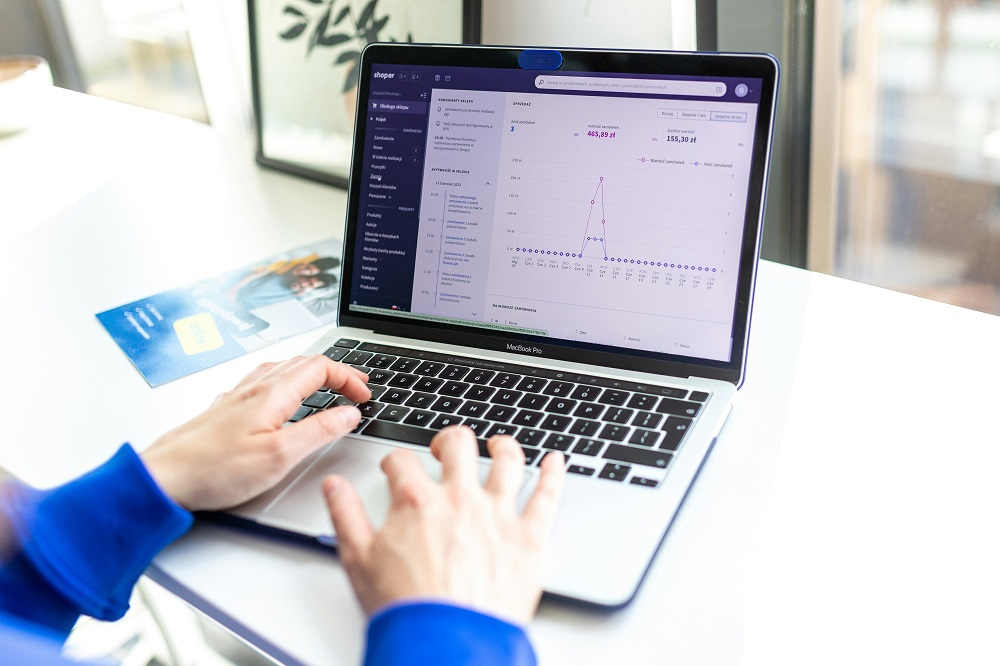MANILA, Philippines – The Philippines is sitting on some of Southeast Asia’s strongest e-commerce fundamentals – high consumer trust in digital payments and a fast-maturing online shopper base – but consumer confidence is outpacing operational and regulatory friction, which is acting like a hidden tax on growth, according to a new study by Blackbox Research.
Based on in-depth interviews with 46 e-commerce leaders across the region, the report “The Next Leap for E-Commerce in Southeast Asia: Five Levers of Growth to Accelerate Regional Momentum” finds that while three in four Philippine experts rate consumer trust and digital payment maturity ahead of regional peers, last-mile delivery gaps across 7,641 islands and perceived regulatory loopholes favouring cross-border sellers are systematically disadvantaging local MSMEs.
Despite these headwinds, experts remain bullish: the Philippines posts a weighted “e-commerce optimism score” of 7.93 out of 10 over the next three years – one of the highest in the study – signalling that if logistics bottlenecks and compliance burdens can be tackled, the country is well placed to convert digital confidence into inclusive, nationwide growth.
“Filipino consumers have shown remarkable trust in the digital economy, but the systems supporting that trust have yet to reach full maturity,” said David Black, Founder and CEO of Blackbox Research. The opportunity now lies in closing those structural gaps so that MSMEs can scale alongside consumer demand.”
The five levers for growth
While the study underscores the paradox of strong consumer trust amid lagging infrastructure, its core contribution lies in identifying five critical levers that can unlock sustainable, long-term e-commerce growth. These levers form a practical roadmap for translating optimism into competitiveness.
For the Philippines, three emerge as urgent bottlenecks requiring coordinated action, while two represent existing strengths that must be leveraged to address these gaps.
- Sustained platform investment: According to the report, the Philippines performs strongly in platform competitiveness, with 87% of experts rating the country’s platforms as effective in supporting the e-commerce ecosystem. These platforms have evolved into powerful digital ecosystem enablers that help small sellers reach customers nationwide. However, the report notes that investment currently favors marketing and customer acquisition. Experts cited in the study agree that platforms must now shift from growth-focused investment to capability-building that strengthens sellers’ operations. Future growth, the report adds, depends on redirecting resources toward seller enablement, specifically in inventory management, fulfillment technologies, and AI-driven operational tools that help MSMEs meet buyer expectations for speed and reliability.
- Innovation for service excellence: The study finds that Filipino consumers have high expectations for faster delivery, better customer service, and reliability. Expectations that 46% of experts identify as the biggest challenge for MSMEs that lack the infrastructure to compete. While technology investment is high, The Next Leap report observes that innovation remains skewed toward marketing features rather than solving operational pain points like delivery, returns, and real-time customer support. The report concludes that the innovation agenda must evolve from “growth tech” to “trust tech”, utilizing tools that enhance efficiency, accountability, and the consumer experience. It emphasizes that innovation must increasingly focus on speed, trust, and consistency, not just visibility or conversion.
- Stakeholder collaboration: The BlackBox study also identifies that collaboration across platforms, government, and MSMEs is recognized by 59% of experts as “non-negotiable” for sustaining growth. Despite strong intent with platforms building infrastructure, the government introducing frameworks, and MSMEs expanding online, the report finds that coordination remains fragmented. It emphasizes that institutionalized coordination between public and private sectors is crucial to scaling MSME competitiveness. The study calls for a co-investment model among platforms, governments, and MSMEs, in which platforms invest in digital infrastructure, the government simplifies compliance and ensures fair enforcement, and MSMEs commit to capability-building and professionalization.
- Logistics modernization: The report identifies logistics modernization as the most critical enabler for scaling MSMEs, noting that it remains the Philippines’ most persistent structural challenge. Delivery costs account for 20-30% of order value—more than double those in mature markets—and fulfillment speeds vary widely from 24-48 hours in major cities to 7-14 days in rural areas. According to the report, targeted public-private investments are needed to expand last-mile networks, establish micro-fulfillment centers closer to high-demand areas, and support regional logistics hubs to lower costs and improve reliability.
- Regulatory harmonization: Based on The Next Leap report, regulations must evolve from reactive to enabling, ensuring a level playing field where MSMEs can grow without being weighed down by complex or unevenly applied rules. Regulatory gaps are cited as the biggest barrier to equitable competition, with 87% of experts noting that uneven enforcement allows cross-border sellers to bypass compliance obligations such as taxes and product certification that local online MSMEs must follow. The report urges greater clarity, consistency, and fairness, proposing simplified documentation, pilot regulatory sandboxes to test new frameworks, and evidence-based policymaking to align regulation with actual market dynamics.
“The e-commerce story in the Philippines is about growth as much as it is about connection,” said Black. “The trust is already there. What’s needed now is the infrastructure and policy coordination that converts that trust into long-term competitiveness.”
The Philippines’ combination of high consumer trust, growth optimism, and expanding platform investments positions it as one of Southeast Asia’s most promising digital economies. But realizing that potential requires translating trust into tangible outcomes through smarter regulation, modernized logistics, and coordinated public-private investment.
Blackbox Research concludes that the next leap for Southeast Asia’s e-commerce sector will hinge on how effectively each market activates all five growth levers. For the Philippines, the task is clear: strengthen the systems that sustain consumer confidence and ensure MSMEs are not just participants but beneficiaries of the region’s digital transformation. Without decisive collaboration on logistics, regulation, and innovation, the very trust that fuels growth today could become its greatest constraint tomorrow.
To read more about the report, visit the website here.



